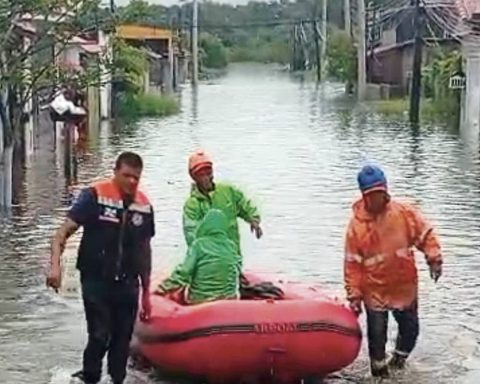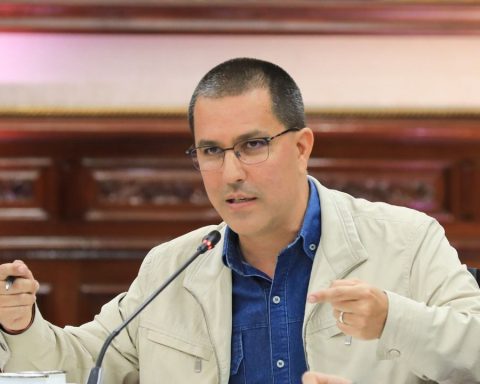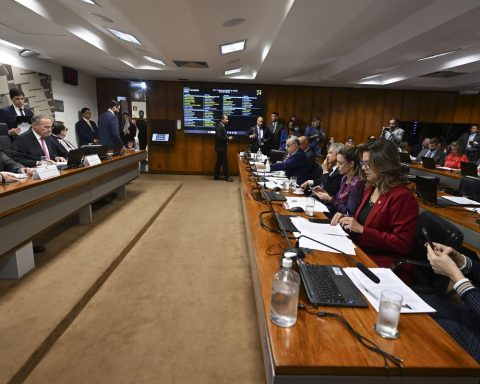He government Argentina has decided to reopen political negotiations in an attempt to stabilise the internal situation and improve its image abroad. This decision comes at a critical moment, marked by internal tensions and mixed signals to the international community.
In recent weeks, the government has faced a number of challenges both internally and externally. The economy has shown signs of instability, with fluctuations in financial markets and growing concerns about inflation.
Furthermore, tensions within the ruling party itself have complicated the government’s ability to implement effective policies. The reopening of political negotiations has materialized through a series of meetings and preliminary agreements with the opposition.
The main objective is to reach a consensus on key issues such as tax reform and the distribution of funds among the provinces. These negotiations have been led by prominent figures in the government, who have sought to build bridges with the more dialoguing opposition blocs.

Despite efforts to negotiate, internal tensions within the ruling party have increased. Different factions within the party have divergent views on how to handle the economic and political situation.
Some members advocate a more conciliatory stance, while others prefer a tougher, more confrontational line. This division has generated friction that further complicates negotiations. On the international level, the government has sent mixed signals.

Signs to the outside
On the one hand, the country has sought to portray an image of stability and openness to dialogue, especially in its relations with international organisations such as the International Monetary Fund (IMF). On the other hand, certain episodes, such as tensions with France, have highlighted the government’s difficulties in maintaining a coherent foreign policy.
The reopening of political negotiations has several implications. First, it could help reduce economic uncertainty by showing that the government is willing to work with the opposition to find solutions to the most pressing problems. Secondly, it could improve the government’s image both nationally and internationally by demonstrating a capacity for dialogue and cooperation.
















